First Footage of Sperm Whale Hunting on Seafloor Captured - Here’s What It Reveals
In a world-first, deep-sea cameras have recorded sperm whales hunting 2,000 metres down. The behaviour is astonishing and it’s rewriting what we thought we knew.
For decades, scientists suspected that sperm whales dive to the bottom of the ocean to hunt. No one had ever seen it happen.
Until now.
In a world first, the BBC team, behind The Americas documentary, attached a specially designed camera to a sperm whale off the coast of Dominica. Against all odds, they recovered footage that confirmed a long standing theory. Sperm whales really do dive all the way to the seafloor to hunt for food.
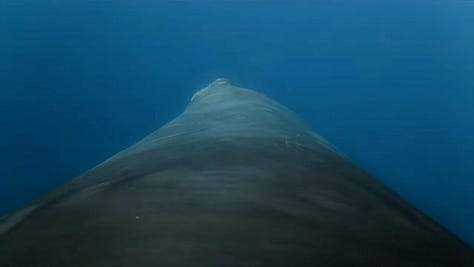
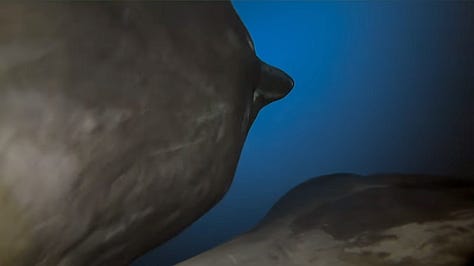
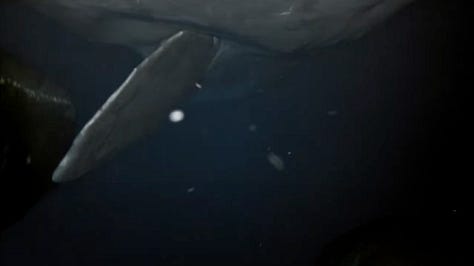
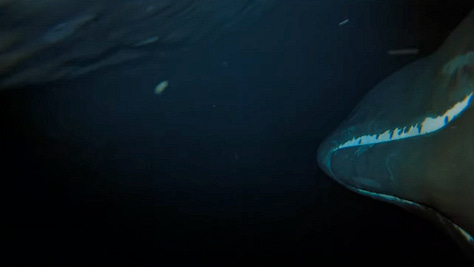

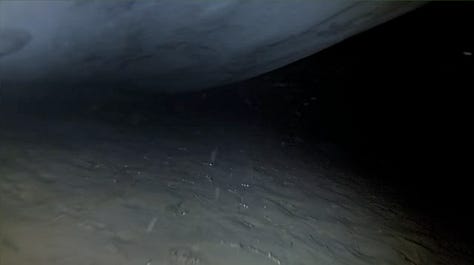
This is one of the most extraordinary marine discoveries of recent times, but it also raises important questions.
As a conservationist, I have always felt uneasy about tagging or tracking wild animals. Even when it is temporary and designed to fall off. I believe the wild should remain untouched whenever possible. We should never force ourselves into the space of other animals in a way that might cause harm or distress.
This discovery though has challenged that view.
The whale was not interfered with beyond a brief moment of contact. The camera came loose within hours. The information gained may transform our understanding of the deep ocean and help us protect it more effectively.
There may be times when a small discomfort to an individual leads to protection for a species. If done carefully and respectfully, this kind of work may help us work alongside animals rather than intrude upon them.
The achievement is remarkable. The footage is powerful. The opportunity to reflect on our methods is just as important.
I would love to hear what others think. Is this kind of approach necessary to uncover the secrets of the natural world? Where do we draw the line between curiosity and interference?



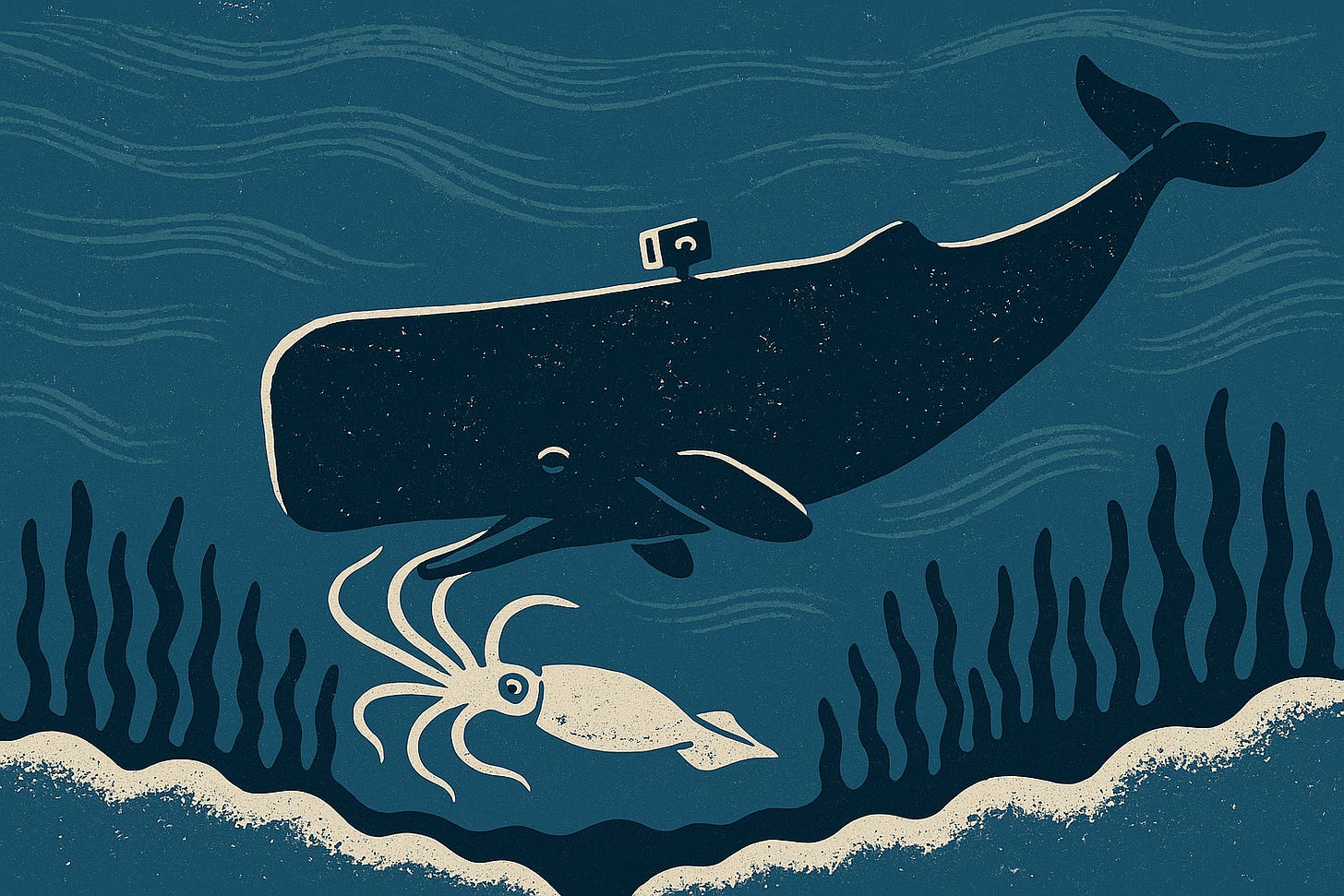
I believe conservation in general raises many ethical questions and answering them may not be straightforward, so it's already a good thing to discuss these questions! For me personally, when deciding whether to "enter the space of an animal" or not, I ask myslef a question "what's the purpose? what are likely benefits?". If the answer is a conservation benefit for a population, species, or even entire ecosystems, I see it more like a healing process where some short and bearable for an individual discomfort may be necessary (although should always be done with respect to the animals welfare). I'll bring a more day-to-day example (I'm a vet): when your dog is sick, you bring it to the vet, and your pet may need to get injections, fluids or some exams done in order to heal. The dog will certainly not enjoy it, even if the vet and you will do everything to make this experience the less unpleasant possible. But it's a necessary step to healing. And for me, conservation is about helping nature to heal.
On the other hand, studies that only respond to curiosity and new data desire, with unnecessary animal discomfort, I find unethical. But that's my point of view! ;)
I this case, I think the discovery that was made can bring an important gain in the coservation not only of the sperm whales, but I hope it can also be an argument to not allow for the destruction of the deep sea.
Thanks for the article!
Understanding is a first step to loving and protecting. This helps to see the magic and power of the ocean, the whales and nature as such. While I wish there was more that us humans never touch I believe this is really useful! Thanks for the article !